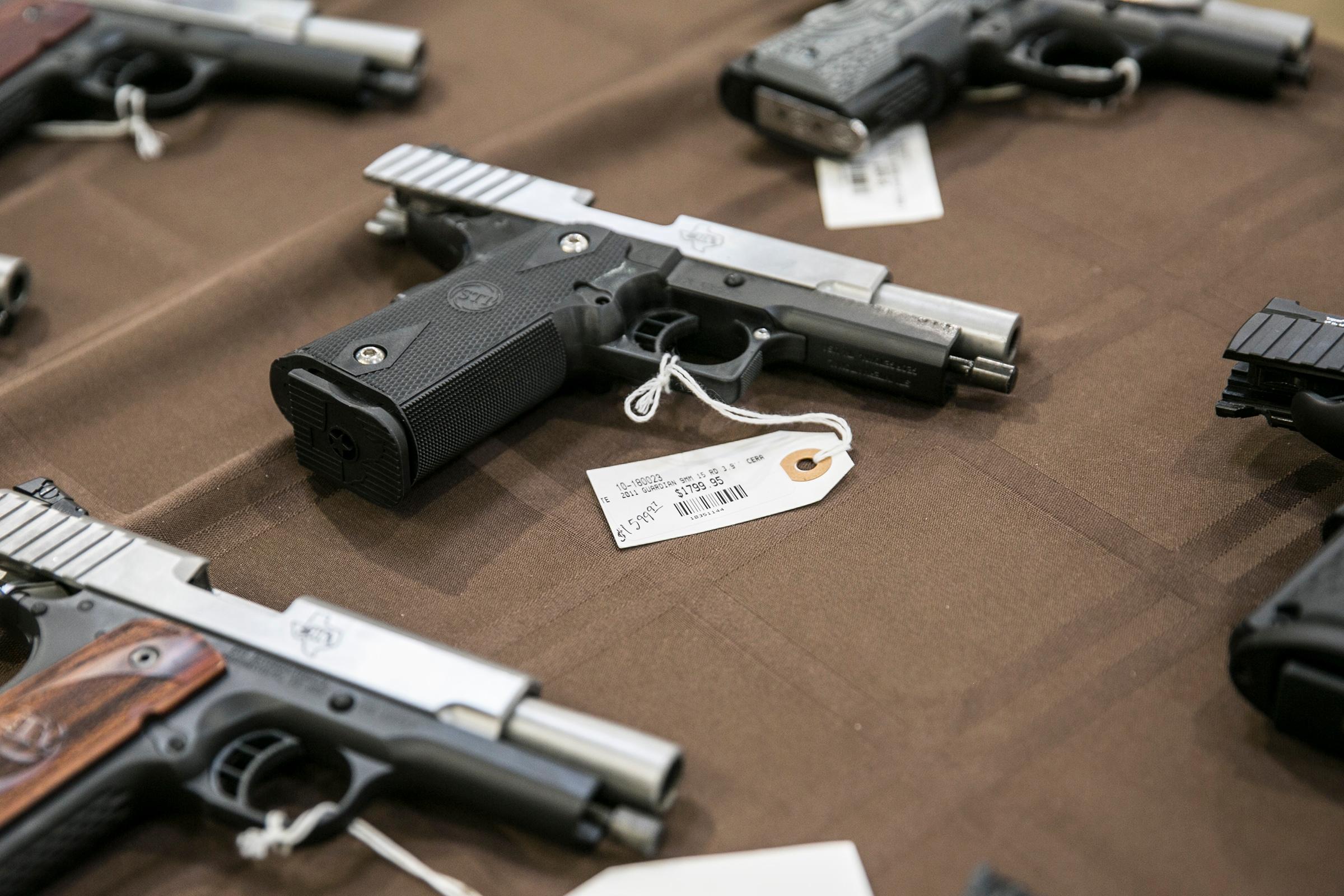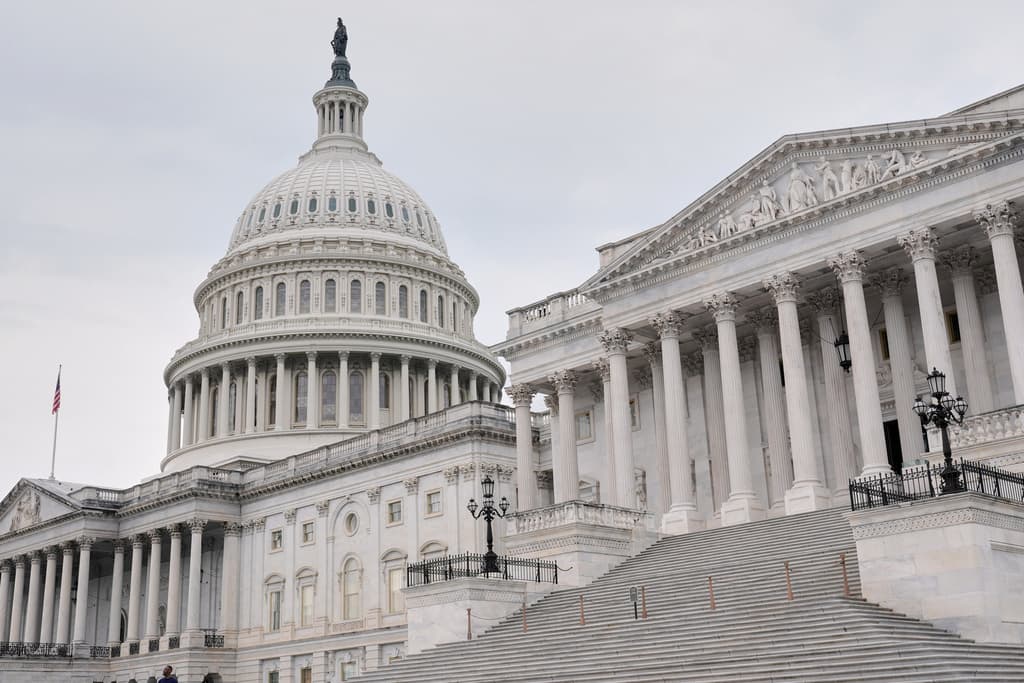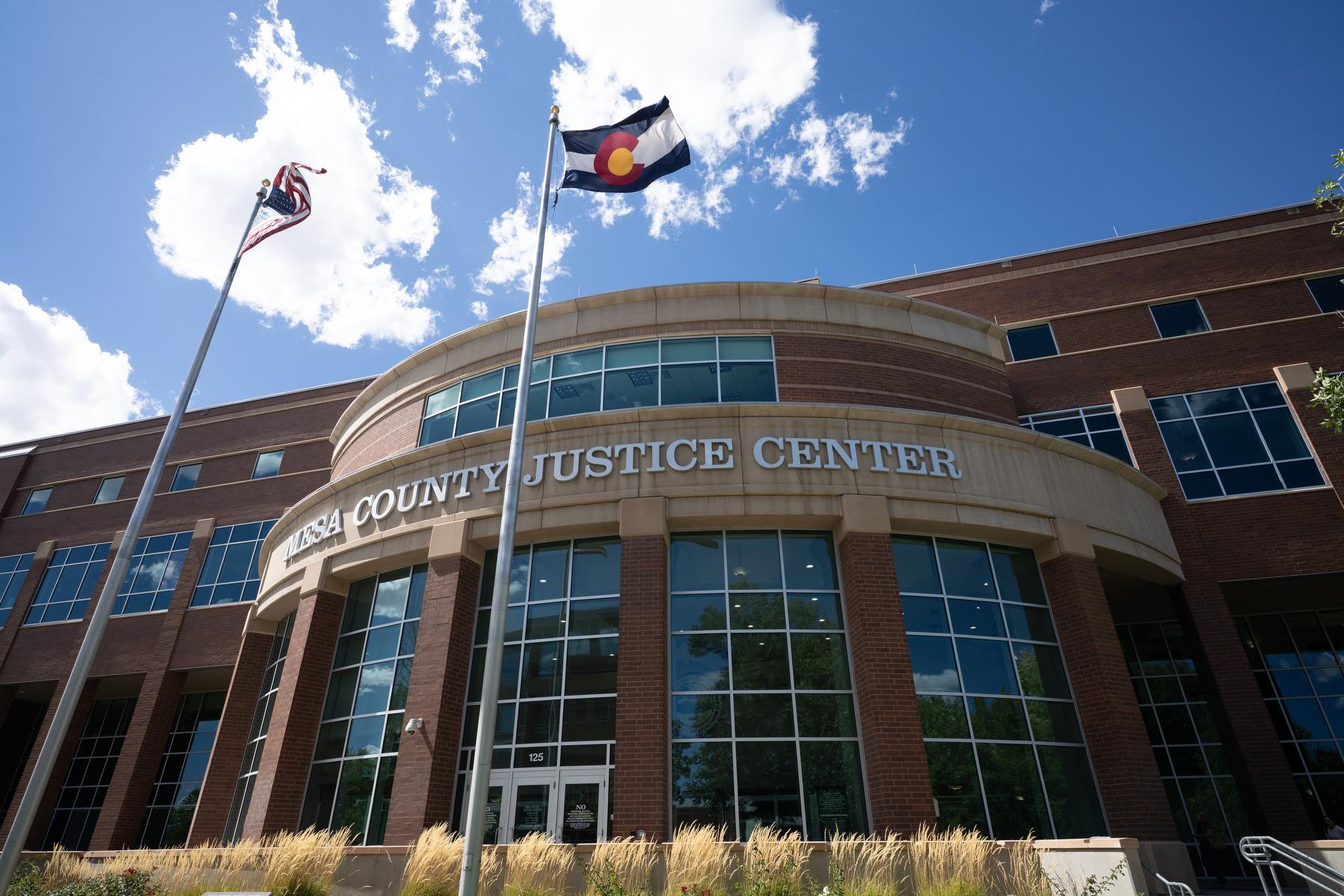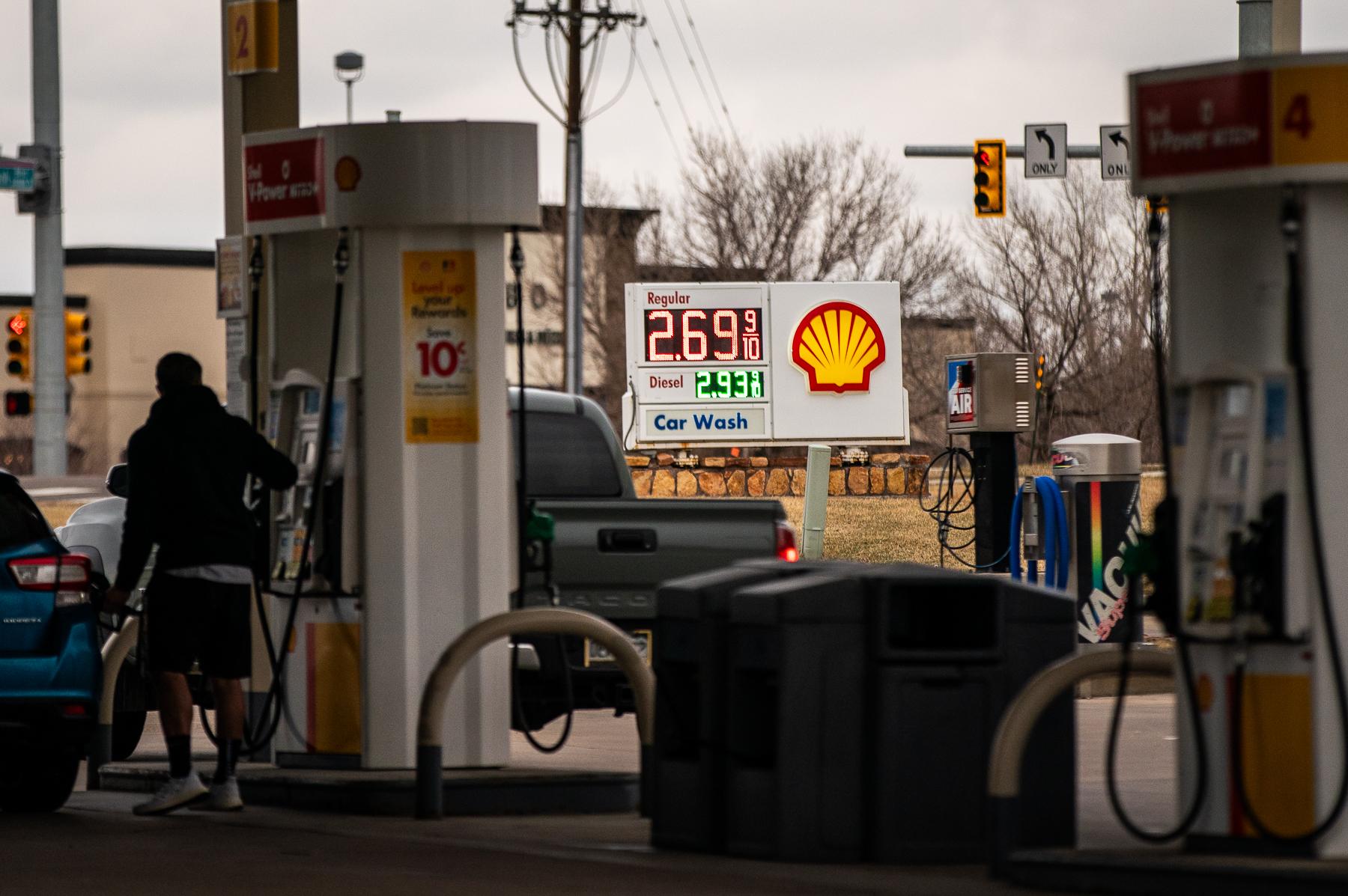
Customers entering the Centennial Gun Club are greeted with the “Pre-election Blowout Sale” table of discount firearms.
Presidential elections definitely bring in customers, says employee Matt Sebesta, because they worry some guns and ammunition might be banned by newly-elected officials.
“‘Something might change, do I want to get this now, I’ve been on the fence,’” Sebesta says, sharing his take on what happens in the gun-buyer’s mind, “‘OK, well let’s see, basically we’re coming up on the holidays, I can use that as an excuse.’”
Sebesta says sales have been uncharacteristically strong through the summer and fall, not typically the busiest time of year for gun sellers. The election is a big part of that, but he cautions this isn’t a panicked run on guns.
“Is [the election] going to be driving them to come in and buy everything in a scare? No. It doesn’t seem like that, just because we would have seen that already.”
Colorado authorities have approved 265,817 background checks for gun purchases through September, a 15 percent increase compared to the same time period a year ago. That’s roughly 35,000 more gun sales this year. Actual gun sales data isn’t available, so CPR uses the background check data as a proxy.
A CPR analysis also found a significant increase in gun sales leading up to the last three presidential elections, starting in 2008. That’s when Colorado became a more important presidential battleground state.

The state’s new found place in the political map has increased attention from political groups like the NRA, which is running ads in Colorado. One shows a home intruder, and a woman reaching for a gun that disappears, while a voice intones, “Hillary Clinton could take away her right to self-defense. And with Supreme Court justices Hillary can. Don’t let Hillary leave you protected with nothing but a phone.”
The NRA has spent about a quarter of a million dollars to run the ads against Clinton. Messaging like this isn’t hyperbole, according to DU professor David Koppel, a Second Amendment expert who also works with the Independence Institute, a libertarian think tank.
“Her devotion to the anti-gun cause has been very strong and consistent over a long public career,” Kopel says.
He notes that it was President Bill Clinton who passed the assault weapons ban in the early ‘90s, and, “candidate Clinton has said over and over that she’s going to be much bolder and more aggressive than President Obama was in taking unilateral action to restrict gun ownership.”

Though it’s not clear, without the support of Congress, what Clinton could accomplish in that regard. But if Hillary Clinton wins the election, she will likely appoint a more liberal Supreme Court justice, altering the ideological balance of the court. Koppel says that could led to more restrictive gun rights decisions.
The run on firearms before the election seems like madness to gun control advocates.
“I see it as sad,” says Tom Mauser, with Colorado Ceasefire, whose son was killed in Columbine. “I see, unfortunately, a lot of people needlessly spending money on something that’s really based on an unfounded fear.”
In his view, Clinton’s proposals -- like universal background checks and keeping guns out of the hands of domestic abusers -- are hardly radical. The fear that Democrats will take away guns, Mauser says, is ridiculous.
“Those things haven’t really happened, most of what is being proposed is about, ‘let’s not let the dangerous people get a firearm.’”
Don’t forget that the gun business is just that, a business, Mauser says, arguing there’s an obvious interest in stoking fear to drum up sales.









